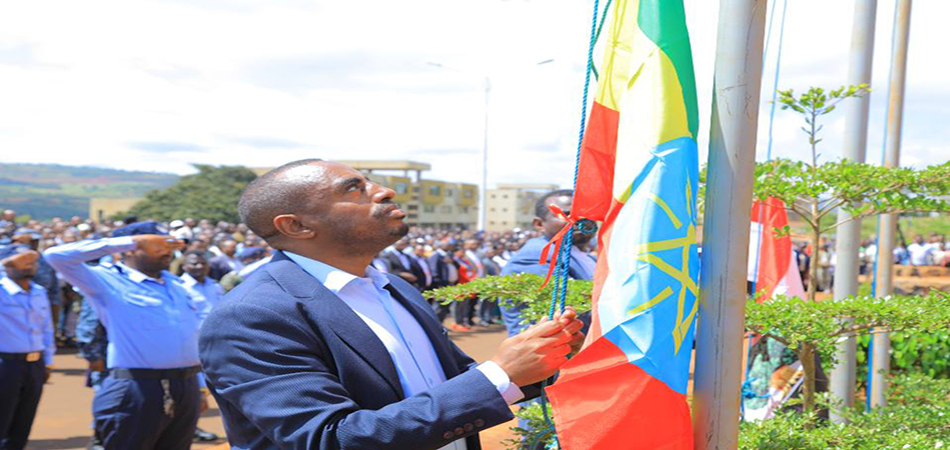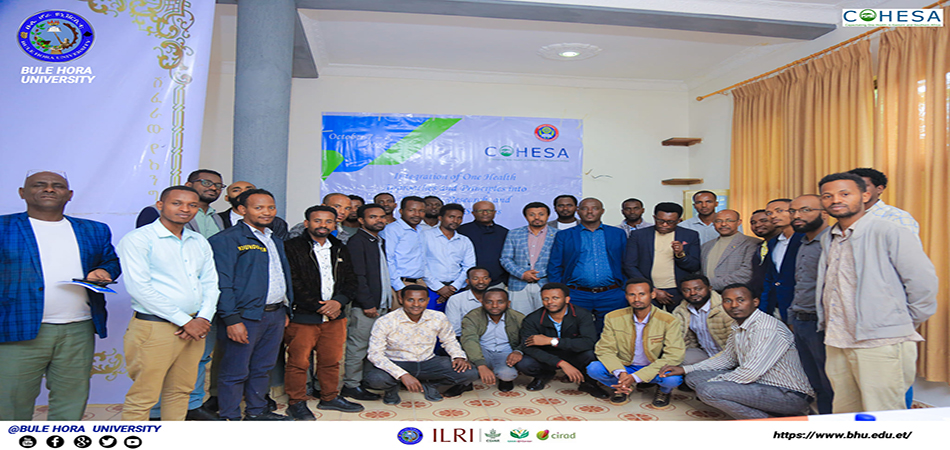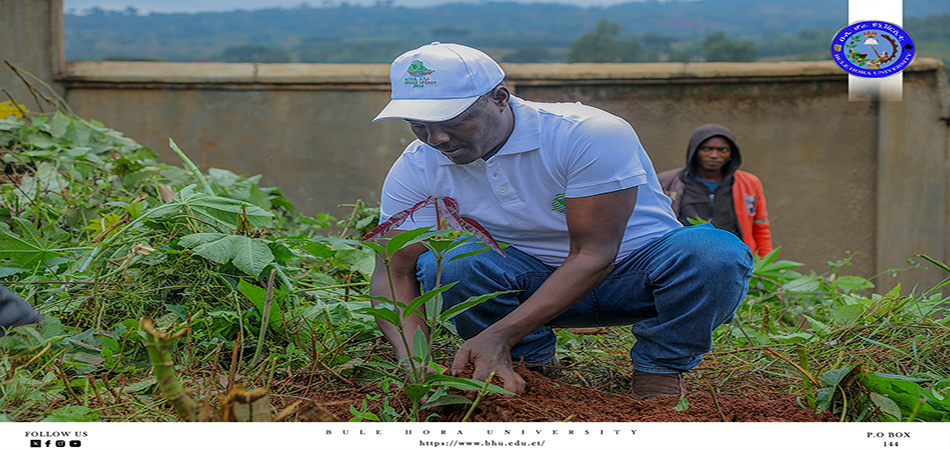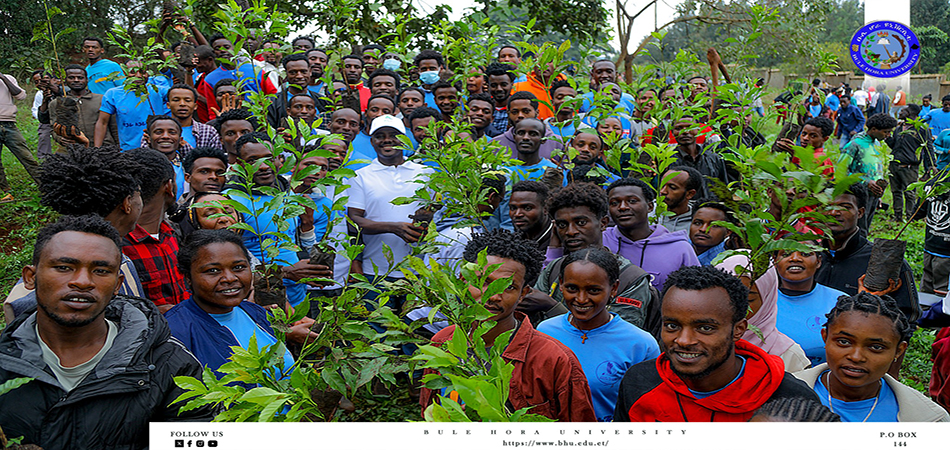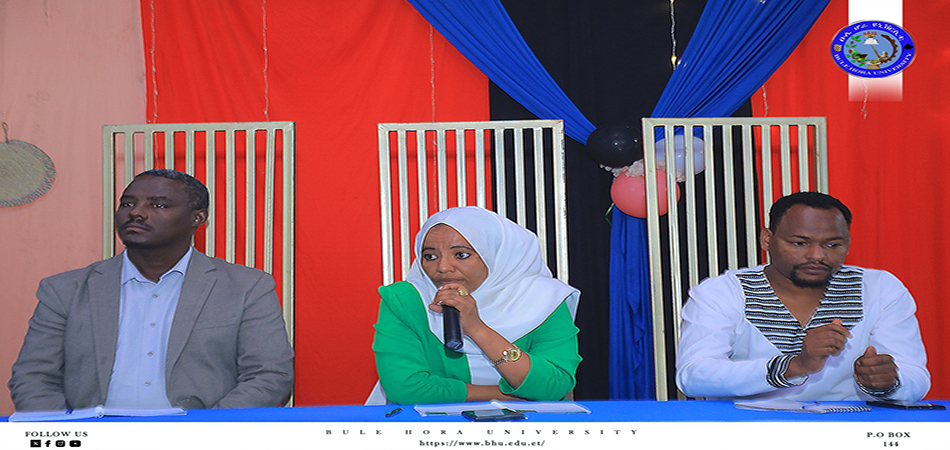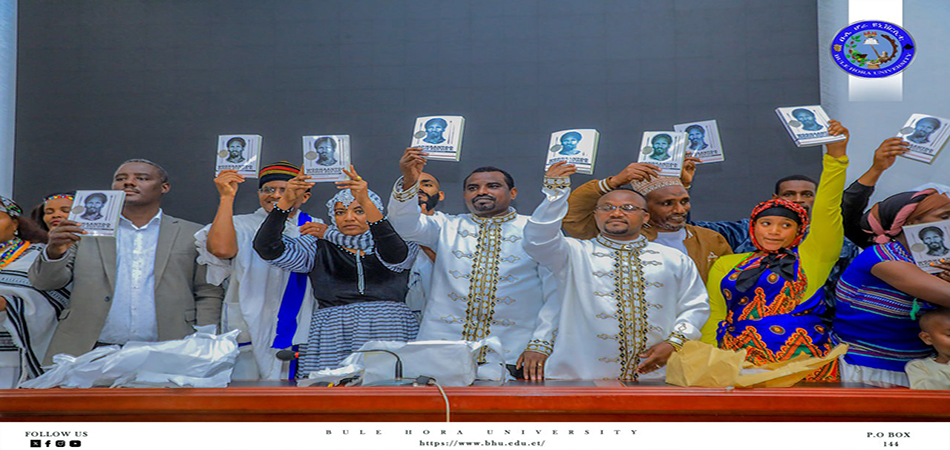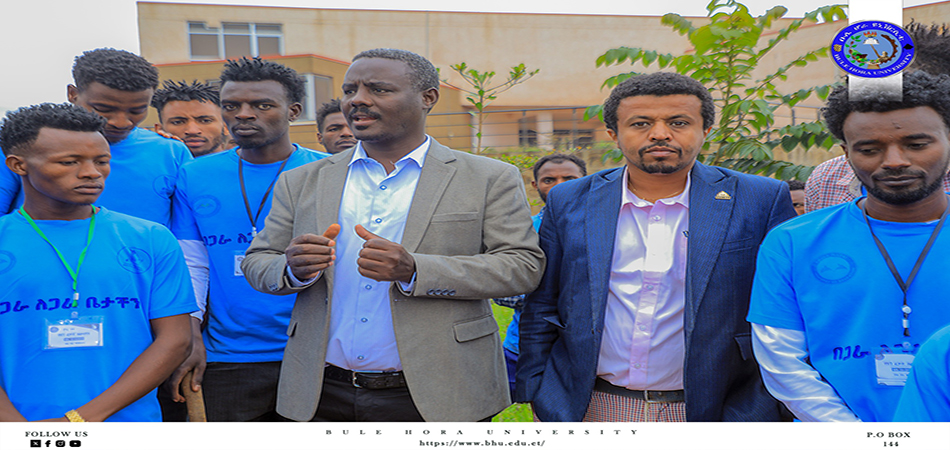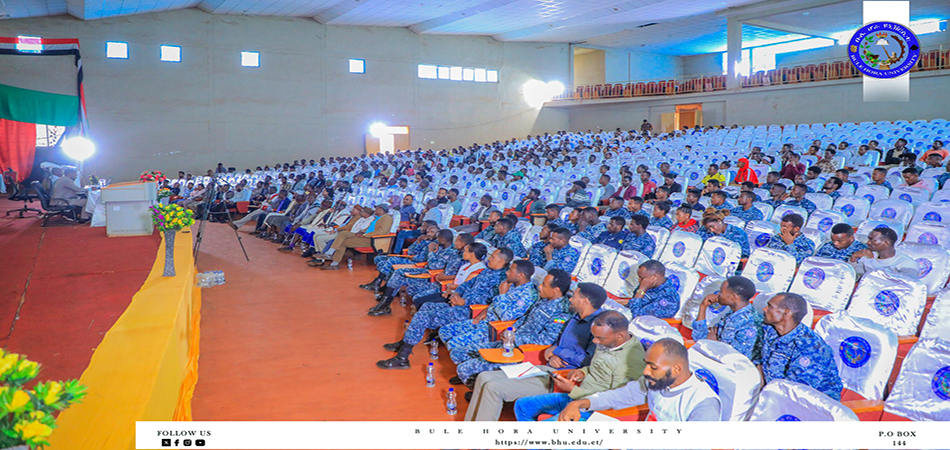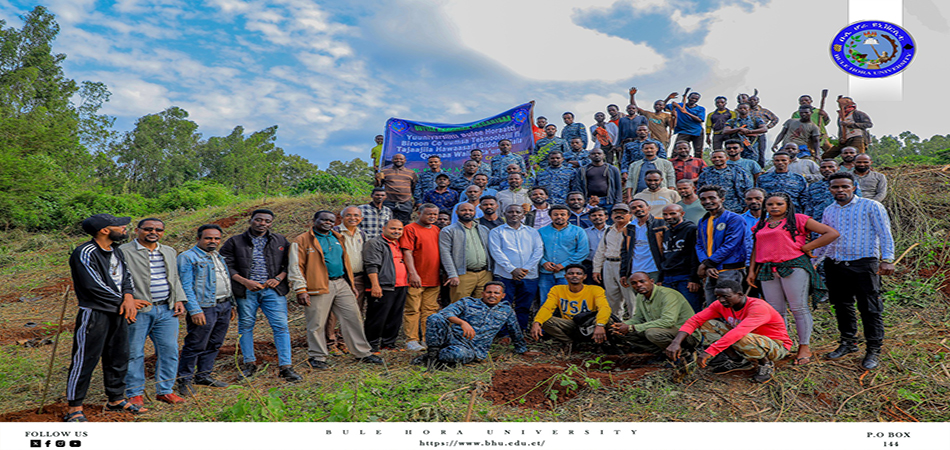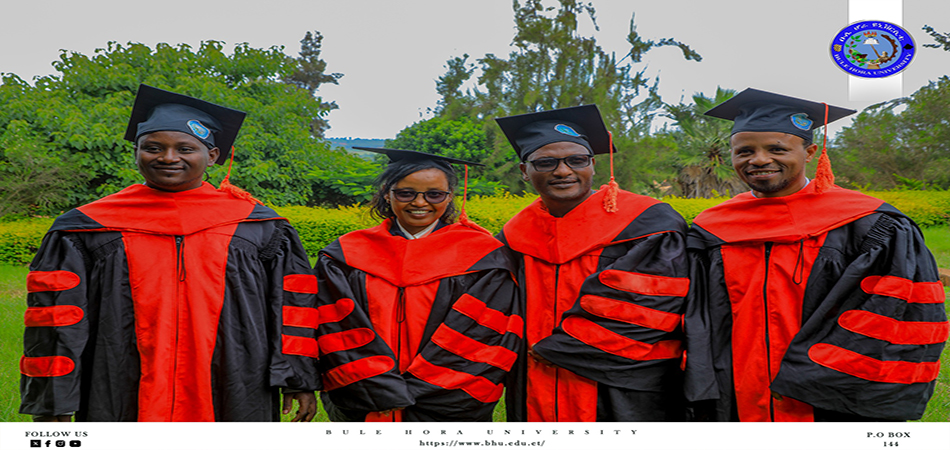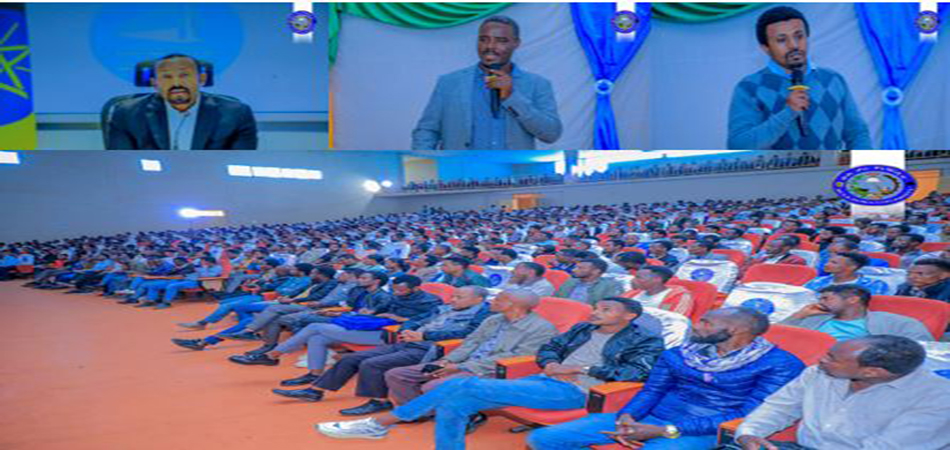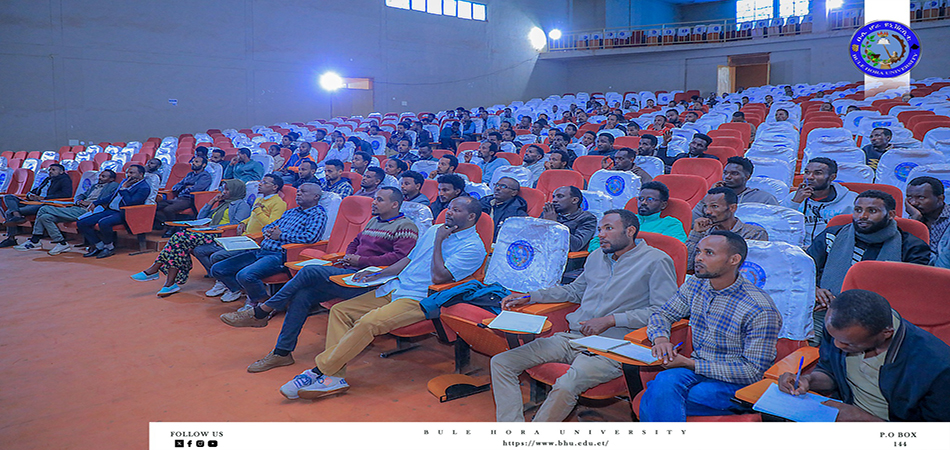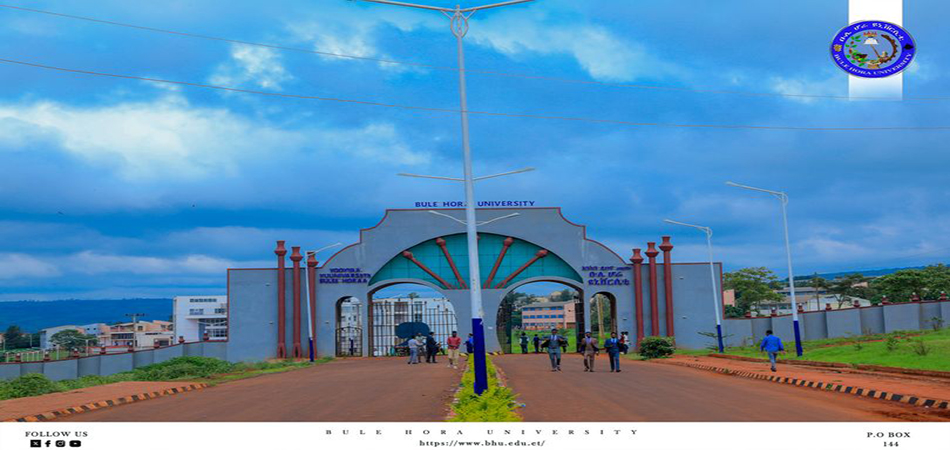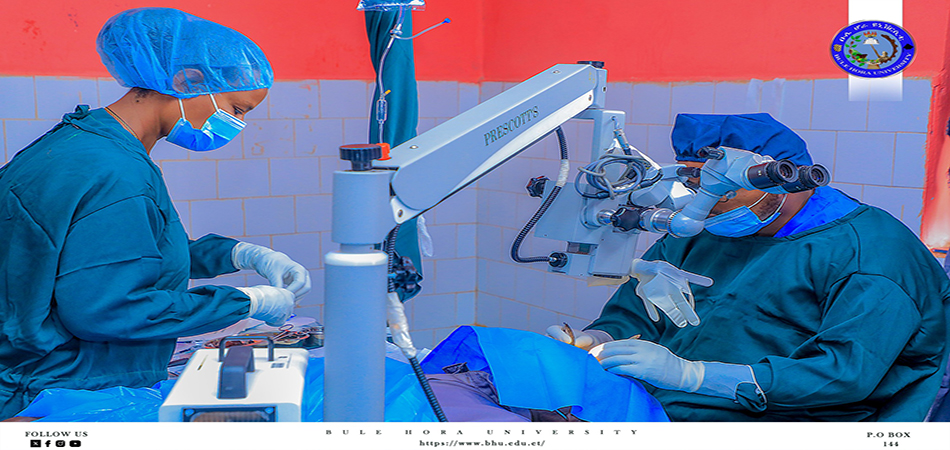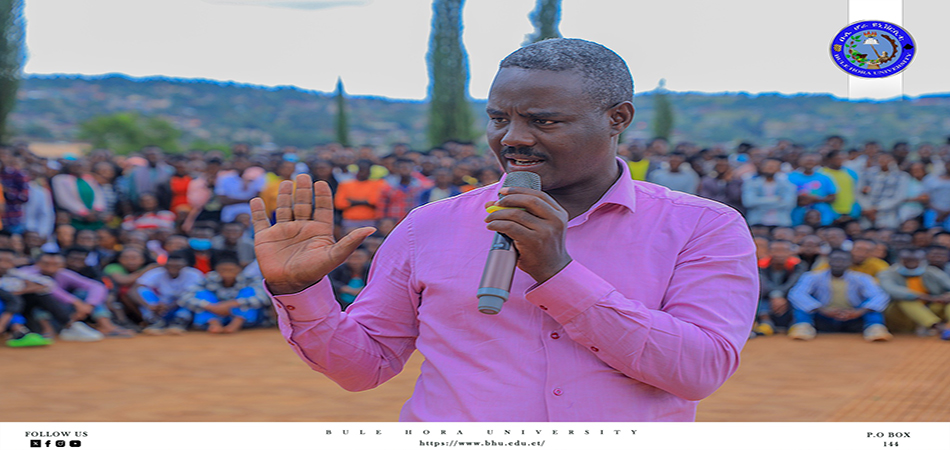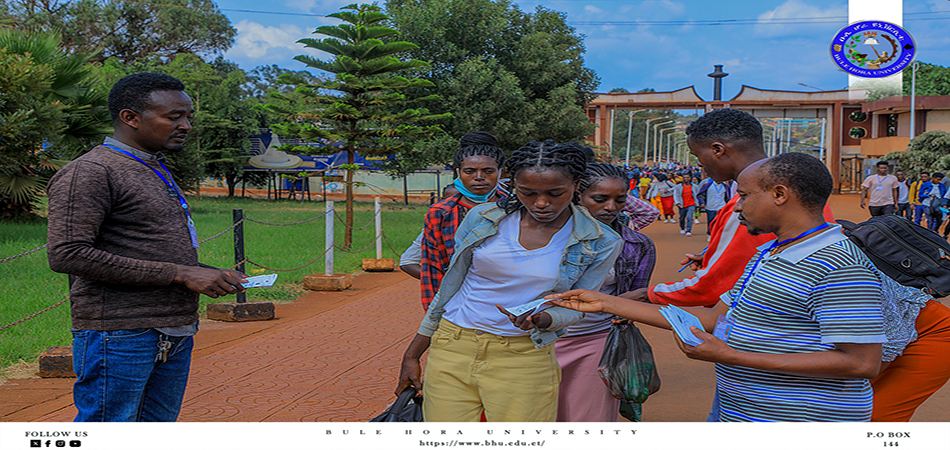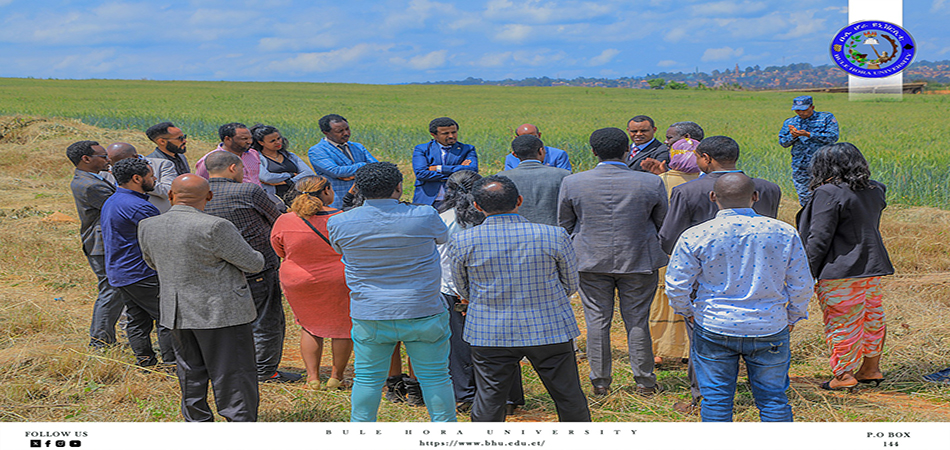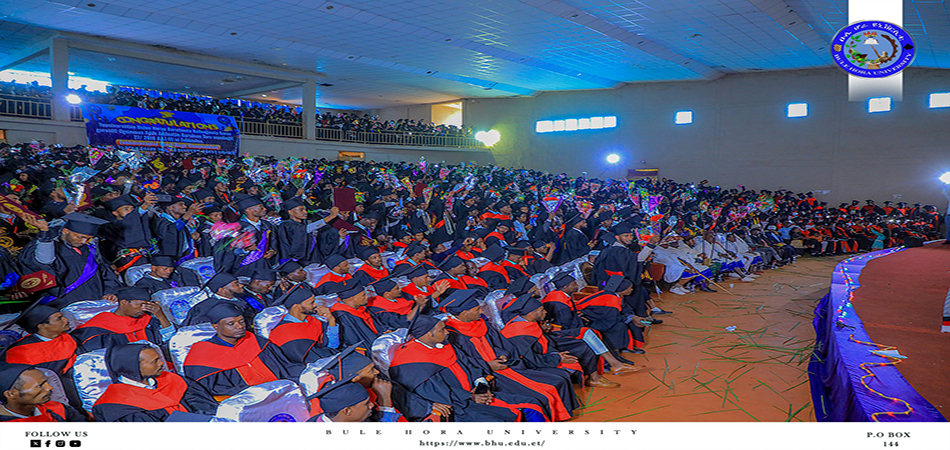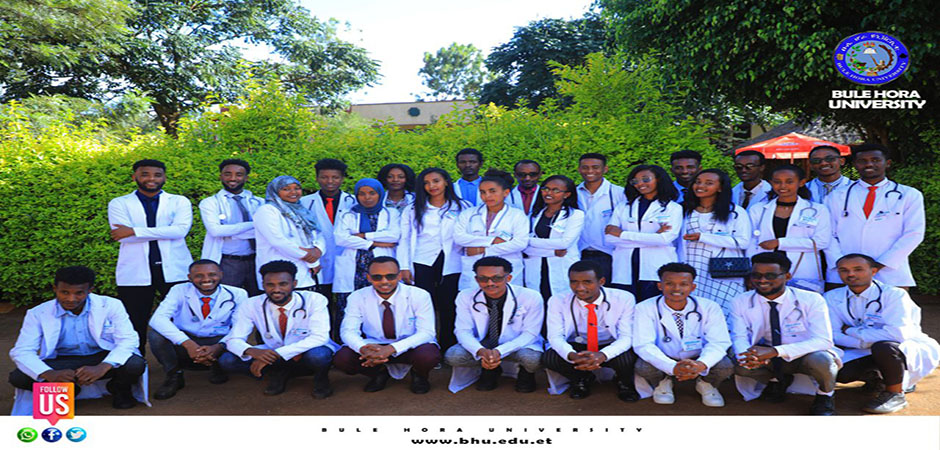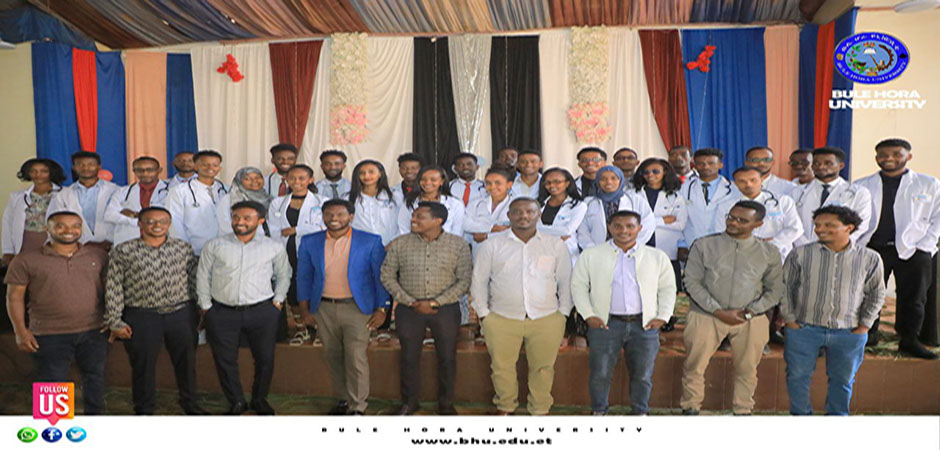About Us
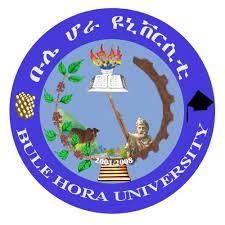
Bule Hora University was established to play its part in the national efforts of bringing quality and excellence in teaching, learning, research, community services, administrative function and good governance, connecting the development of cultural and natural resources with technology and its applications. This University is located at distance of 470 km south of Addis Ababa, Oromia Regional state, west Guji Zone Bule Hora woreda. As a result, Bule Hora University is providing various services in collaboration with local and foreign universities, governmental and non-governmental organizations to improve the quality of education, research and community services. Good governance and change programs to make the institution more effective by coordinating with the local community and other stakeholders; Quick Service Improvement Change Kaizen Result-oriented system; Institutions are working hard to bring about better performance and better service delivery through structural improvements and various other functions. Historical Background of Bule Hora University Higher education and training institutions are expected to be at the forefront of the development and transformation efforts of a nation. They have the responsibility to make multidimensional contributions to the achievements of a nation in terms of boosting the economy, democratic system and good governance. However, Ethiopian higher education has made limited contribution in the realization of such objectives in its history. This may be attributed to several factors; one of the most important is being low coverage. ‘In the past, higher education was not given due attention; its curriculum was not relevant to the country’s problems and its capacity was not commensurate with the country’s trained manpower needs both in quantity and quality’ (MoE, 2010).Recognizing this deficiency, the Ethiopian government is making efforts to expand higher education to make it contribute more directly to the national strategy of economic growth and transformation. In line with this strategy, Bule Hora University (BHU) was established to play its part in the national efforts of bringing quality and excellence in teaching-learning, research, community services, administrative functions/good governance, connecting the development of cultural and natural resources with technology and its applications. The area’s mean temperatures range from 25°C to 29°C during hotter season and 14°C to 18°C during colder season of the year (Luseno, et al., 1998). Two major Oromo groups, Borana and Guji, and other minorities inhabit this area. They preserved and do share many indigenous values. The Oromo indigenous democratic Gada System, known as Sirna Gadaa, is preserved and practiced mainly in Guji and Borena Zones. Notwithstanding these indigenous values that Guji, Borana, and others cherish in common, the spirit of inter-ethnic group competition, and sometimes conflicts over grazing areas and water resources, remain deep-rooted in these pastoralist communities. The establishment of BHU, in the vicinity, would open an excellent opportunity to study and to solve their problems so as to enhance good governance, spirit of peaceful co-existence, positive attitudes towards diversity and tolerance. These could be achieved through scientific research, community service and partnership that are based on impartial appreciation of all local communities, and their respective contributions to the strategic initiatives BHU would undertake in this regard. Moreover, the area is known for mining activities (Gold, Silver, Tantalum and so on), forest, cash crops and animal resources. Therefore, establishment of BHU in the area would create a unique opportunity to produce, beside competent graduates, research-based data and information for decision makers, customers, and stakeholders to exploit these indigenous resources as well as develop and sustain this peculiar ecosystem.
The university started functioning in the bule Hora College of teacher Education with a total of 243 regular and 116 weekend degree students in 4 faculties in 2011/12 academic year, but now the university has grown too fast and shown rapid changes in different aspects. Recently it has more than 98 departments, 76 postgraduate programs, 7 colleges, school of law and 2 Institutes; institute of Gada and culture studies and institute of Health sciences. Within 10 years, the total number of the student has above 16,000 nowadays. Besides, the University has 956(M=867 F=89) local, 81(M= 77 F=4) International and in total 1037(M=944 F=93) Academic Staff and 2714 (M=1250 F=1464) administrative staff members.
Bule Hora University has identified its center of excellences such as mining, animal production and indigenous knowledge for which we are aspires to become one of the best choices of the public higher learning institutions by 2025 in Ethiopia.

